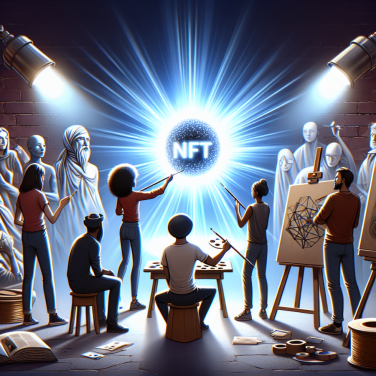Pivotal Figures in Manchester United's Soccer Evolution
1) Sir Matt Busby (1945 to 1969 and 1970 to 1971)
Sir Matt Busby is acknowledged as a titan in the history of Manchester United Soccer. As a manager, he rebuilt the team post-WWII, aiming to prioritize youth development and to play attacking soccer. This forever altered the club's philosophy on soccer. Busby led the team to the FA Cup victory in 1948 and a league title in 1952. However, the heart of his work was the 'Busby Babes', a young, talented group that promised endless potential. Although tragedy struck with the Munich Air Disaster in 1958 causing the loss of key players, Busby resiliently rebuilt the team, leading them to their first European Cup in 1968.
2) George Best (1963 to 1974)
Known as one of the most talented wingers in the history of soccer, George Best contributed significantly to the evolution of Manchester United's playing style. With his skillful dribbling, pace, and ability to score, Best provided loads of excitement on the pitch. He was instrumental in the successful sides of the late 1960s, including assisting in securing the European Cup in 1968. His impact continues to influence the team’s attack-oriented style to this day.
3) Sir Alex Ferguson (1986 to 2013)
There's no overlooking the contributions of Sir Alex Ferguson in Manchester United’s evolution. His tenure was marked by aggressive modernization both on and off the pitch. Emphasizing youth development just like Busby, Ferguson bred a group known as 'Fergie's Fledglings.' His fruitful management style led to an era of unparalleled success, in which he won 13 Premier League titles, 5 FA Cups, and 2 UEFA Champions League titles, cementing the team’s position as a soccer heavyweight.
4) Eric Cantona (1992 to 1997)
The charismatic Frenchman, Eric Cantona, played a pivotal role in the early success of Ferguson's reign. He was not only a talented forward but also a leader who served as a mentor for young stars like David Beckham and Paul Scholes. Cantona's flair, creativity, and unique style of play added an extra spark to Manchester United’s offensive tactics. He was a catalyst for their dominance in the Premier League during the mid-1990s.
Read also:
Unveiling the Accuracy of Golf Simulators: A Comprehensive Analysis
Momentous Shifts in Manchester United's Soccer Strategy Over the Years
The evolution of soccer at Manchester United has been shaped and influenced by various prominent personalities. Their strategic approaches, unique styles, and tactical changes have made the club what it is today and, in the process, have seen their fair share of momentous shifts.
Legendary manager Sir Matt Busby completely revolutionized Manchester United’s soccer strategy during his tenure from 1945 to 1969. He introduced a refreshing, attacking style of play that heavily focused on youth development. He established the famous ‘Busby Babes,’ and this concept became a significant part of Manchester United’s strategy. This significant shift in focus was personified when his team, with an average age of just 22, won the league title in 1956.
The post-Busby era was a turbulent time for Manchester United with lacking defining strategy and the club going through a succession of managers. The appointment of Sir Alex Ferguson marked a new age for the club when he officially took charge in 1986.
Ferguson brought with him a hunger for long-term success and sought to rebuild the team by emulating Busby's youth development system. The highlight of this strategy was the emergence and dominance of the young 'Class of 92,' which consisted of future club legends like David Beckham, Ryan Giggs, Paul Scholes, and the Neville brothers. The club experienced overwhelming success under Ferguson, winning numerous domestic and international titles. The shift from short term planning to focusing on longevity and sustainability sets the Ferguson era apart.
A more modern shift in United's football strategy came with the appointment of Jose Mourinho as manager in 2016. Known for his defensive, pragmatic style of football, Mourinho marked a departure from the attack-minded philosophy that had defined United under Busby and Ferguson's stewardship.
Mourinho's tenure brought mixed successes, but it was under him that United won the League Cup and Europa League in his first season in charge, demonstrating how a shift in strategy could still yield silverware. However, his defensive style of play did not seem to fit the club's philosophy, leading to his eventual departure in 2018.
In 2018, club legend Ole Gunnar Solskjaer was appointed as the interim manager, eventually landing the full-time role in 2019 following a series of impressive performances. Under Solskjaer, United seemed to revert to its roots, focusing on attacking football and promoting youth.




